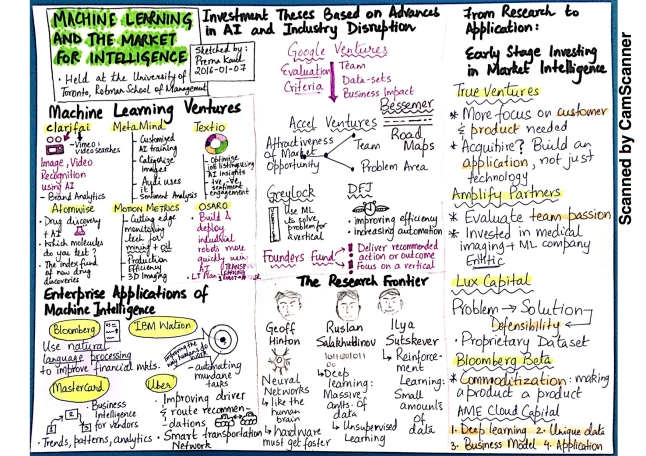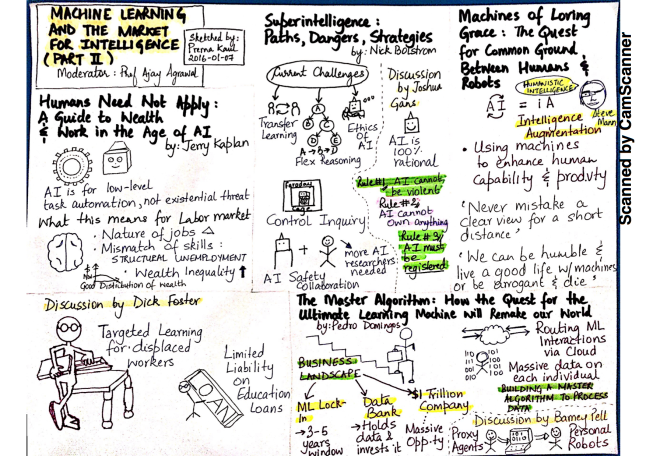The poem “If”, by Rudyard Kipling, is a cornerstone of British culture. By extension, it has been passed down from generation to generation in India too. It was particularly meaningful to me in my formative years.
Here it is, in case you haven’t seen it before.
If
If you can keep your head when all about you
Are losing theirs and blaming it on you,
If you can trust yourself when all men doubt you,
But make allowance for their doubting too;
If you can wait and not be tired by waiting,
Or being lied about, don’t deal in lies,
Or being hated, don’t give way to hating,
And yet don’t look too good, nor talk too wise:If you can dream—and not make dreams your master;
If you can think—and not make thoughts your aim;
If you can meet with Triumph and Disaster
And treat those two impostors just the same;
If you can bear to hear the truth you’ve spoken
Twisted by knaves to make a trap for fools,
Or watch the things you gave your life to, broken,
And stoop and build ’em up with worn-out tools:If you can make a heap of all your winnings
And risk it on one turn of pitch-and-toss,
And lose, and start again at your beginnings
And never breathe a word about your loss;
If you can force your heart and nerve and sinew
To serve your turn long after they are gone,
And so hold on when there is nothing in you
Except the Will which says to them: “Hold on!”If you can talk with crowds and keep your virtue,
Or walk with Kings—nor lose the common touch,
If neither foes nor loving friends can hurt you,
If all men count with you, but none too much;
If you can fill the unforgiving minute
With sixty seconds’ worth of distance run,
Yours is the Earth and everything that’s in it,
And—which is more—you’ll be a Man, my son!
I had it taped above my study table, in the room where I grew up from the ages of 9 to 17. As a young tween, I was particularly puzzled by the stanza about “Triumph and Disaster… treat those two impostors just the same.”
Surely, Triumph can’t be an impostor? To be successful is the goal! It’s difficult. Therefore, it must be the real deal? It took me years of training for sports and taking on much more challenging pursuits to realize what it meant. Resting on one’s laurels = death for an athlete. There’s a long road ahead of you, and each right step is only the beginning. Each misstep can be corrected. The important thing is to ‘keep one’s head.’
Another phrase that was particularly fascinating to me was “And yet don’t look too good, nor talk too wise”. The possession of youth + resources is a recipe for overconfidence and narcissism.
Over the years, I’ve realized how grateful I should really be for the opportunities I’ve been given. The time and quality of my interactions with family and friends. The knowledge and patience of my teachers. Being able to have a real childhood, and dreams for a future. So yes, I certainly won’t be looking ‘too good’ or ‘talking too wise’. Humility and grace matters. And it differentiates you from the pack.
I recently started thinking about how important it is to learn from others. In my life, “If” is a constant reminder to check my biases, and refocus on what I truly want in life.
Enjoy it!

